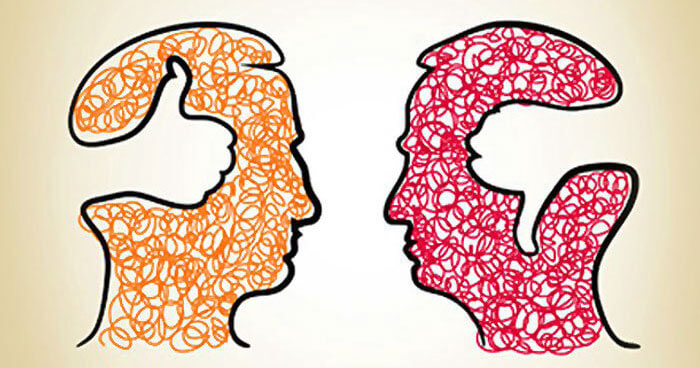Accessibility in Online Communities: From Compliance to Compassion

That title gets straight to the point. Accessibility is not just a soundbite or a regulatory box to tick, it is about building online spaces where everyone can participate fully and equally, and is especially poignant, considering the upcoming EU Accessibility Act.
In June I had the pleasure of hosting the latest Community Leaders Forum. Having participated previously as a presenter I knew that the audience would be sympathetic and engaged, so I was excited to take the host mic for the first time.
In this meetup, Anna-Rita De Bonis a Software Accessibility Specialist, and Community Manager Georgiana Iancu, both from RWS Group shared their story and in my opinion, it was one of our most important conversations to date. It was a candid and illuminating discussion about Accessibility in Online Communities, not addressed because of compliance, but out of compassion.
Not a regulatory tick-box, but an opportunity to serve all
While regulation is a strong motivator for change, it can still fall short of what users of online communities deserve. Georgiana made it clear: accessibility is more than just an obligation, but an opportunity to better serve all users, especially those who rely on assistive technologies.
Unfortunately, on the day of the CLF our co-presenter, Anna-Rita was unable to attend, but during the earlier practice session she gave me what I could only describe as a wake-up call. Anna-Rita uses a screen reader. She walked me through her real-world experiences of navigating an out-of-the-box community platform and what we heard was both enlightening and deeply frustrating. Features that the majority take for granted, like posting a message are suddenly, unexpectedly, and unnecessarily complex or completely inaccessible when development proceeds without screen reader users in mind.
These are not edge-case scenarios. They are foundational to participation in the digital age. This demonstration was so powerful that we feel it needs to be heard direct from the source and are planning to re-schedule Anna-Rita’s demonstration again soon.
Lack of awareness
The main point we hoped to impart on our fellow community leaders, is that many accessibility-issues stem not from malice or disregard, but from a lack of awareness. Incorrectly labelled buttons, navigation that jumps unpredictably, these are small oversights with significant consequences.
AI-powered alt-text generator
However, recognising the work communities that are aware of the challenge is important as much as it is inspiring. Georgiana gave a walkthrough of the AI-powered alt-text generator developed at RWS. This tool automatically adds descriptive alt-text to images to assist screen readers as its primary function. It also provides excellent additional context to a community post and this helps all users understand the original post more clearly.
The technology is a promising example of ‘AI for good’ that we’ve been hearing a lot about but rarely see ‘in the wild’ at present. The message that smart, compassionate design can make a real difference for everyone, is one we are eager to share more broadly.
As we listened to the excellent questions being raised by the attendees, a few things became painfully clear.
3 main take-aways
First, accessibility is still too often treated as an afterthought, but when it is prioritized the creativity that flows into solutions is incredible.
Second, when accessibility is not given due consideration, real people are excluded and growing up a true believer that the internet would be this ‘great leveler’ it hurt me to realise that because of poor design, this was not a universal experience.
And third, we as community managers, designers, platform providers, can and must do better.
It was at this point I remembered the old saying “the best time to fix this was yesterday, the second-best time is now”. And I could not help but think this fits perfectly.
We can no longer say we do not know, so now the responsibility falls on us to act, whether that means pushing for more inclusive development practices, or simply starting conversations within our organisations. Every action should and hopefully will lead to more action.
The question we posed to the group, and now to you the reader is simple: “Do you think this is OK? And if not, what can we do to help fix it?”
Accessibility should not just be a feature of a strong community, it should be a part of its foundation, and our communities deserve nothing less.








